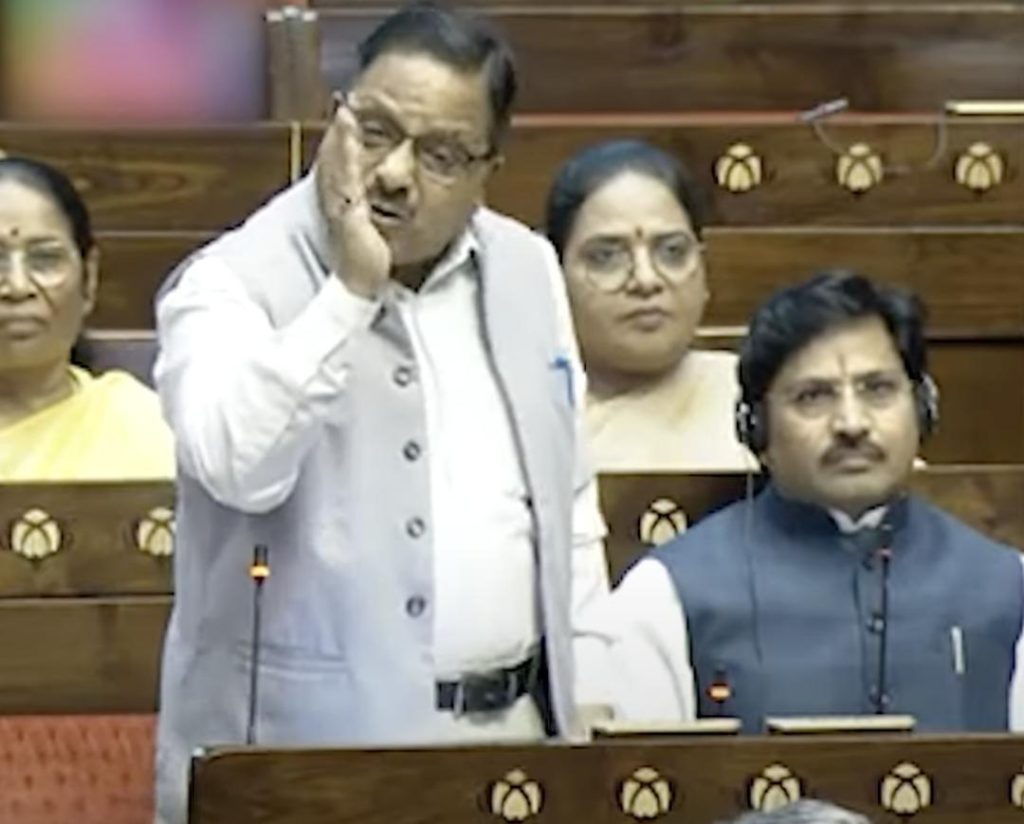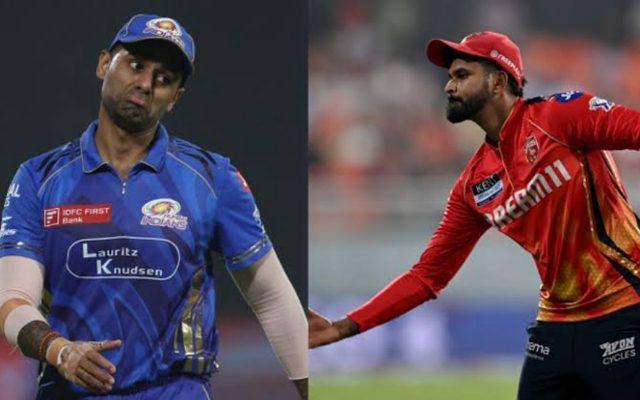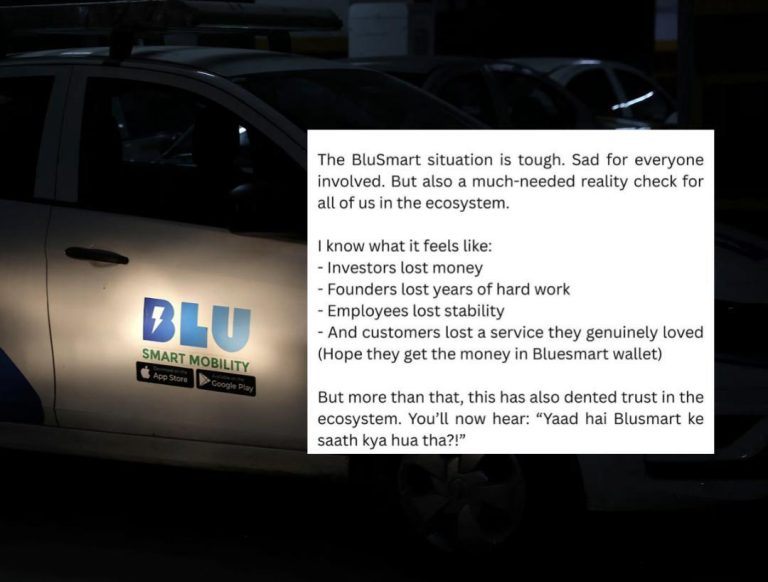
Should I Read Quran and Tell You What’s Written in It: BJP MP Radha Mohan Das on Waqf Bill
The Waqf Bill, a crucial piece of legislation aimed at reforming the Waqf Board, has been a topic of much debate and controversy in India. The bill seeks to bring transparency and accountability to the management of Waqf properties, which are primarily used for the benefit of Muslim communities. However, during the discussion on the bill, a BJP MP, Radha Mohan Das, made a statement that raised eyebrows and sparked a heated debate. In this blog post, we will delve into the context of the statement and its implications.
Radha Mohan Das, a BJP MP from West Bengal, made the statement during the discussion on the Waqf Bill in the Lok Sabha. According to reports, he asked if he should read the Quran and tell what is written in it. The context of his statement was that he was questioning the Waqf Board’s management of its properties. Das alleged that the board has many properties without a written record of their ownership or possession.
The statement sparked a mixed reaction from various quarters. While some saw it as a legitimate question, others viewed it as an attempt to undermine the religious beliefs of Muslims. The opposition parties, including the Congress and the Left, criticized Das’ statement, saying it was an attempt to create communal tensions.
So, what is the Quranic reference that Das was alluding to? The phrase “even if one rupee is given to anyone, there should be a written record” is a quote from the Quran (Surah Al-Baqarah, Verse 282). This verse emphasizes the importance of written documentation in financial transactions, particularly when it comes to charitable donations. In the context of the Waqf Bill, Das was suggesting that the Waqf Board’s failure to maintain written records of its properties and transactions was a violation of Islamic principles.
However, the opposition parties saw Das’ statement as an attempt to use Islamic scriptures to justify his own political agenda. They argued that Das was trying to question the legitimacy of the Waqf Board and its management, rather than engaging in a genuine discussion about the bill. The Congress MP, Jyotiraditya Scindia, even accused Das of trying to “malign” the Waqf Board and its properties.
The controversy surrounding Das’ statement highlights the complex nature of religious politics in India. Politicians often use religious references to justify their own agendas, often without fully understanding the context or implications of their words. In this case, Das’ statement was seen as a attempt to “otherize” Muslims and their religious beliefs, rather than engaging in a genuine discussion about the Waqf Bill.
The Waqf Bill, which aims to reform the Waqf Board and bring transparency to its management, is a complex issue that requires careful consideration. While Das’ statement may have been intended to highlight the need for written records, it ultimately undermined the spirit of the bill and created unnecessary controversy.
In conclusion, the statement made by Radha Mohan Das during the discussion on the Waqf Bill highlights the need for politicians to be mindful of their words and their implications. While the Quranic reference Das quoted may have been intended to emphasize the importance of written records, his statement was ultimately seen as an attempt to “otherize” Muslims and their religious beliefs. The controversy surrounding Das’ statement serves as a reminder of the importance of respecting religious diversity and promoting interfaith dialogue and understanding.
Source: https://www.youtube.com/watch






